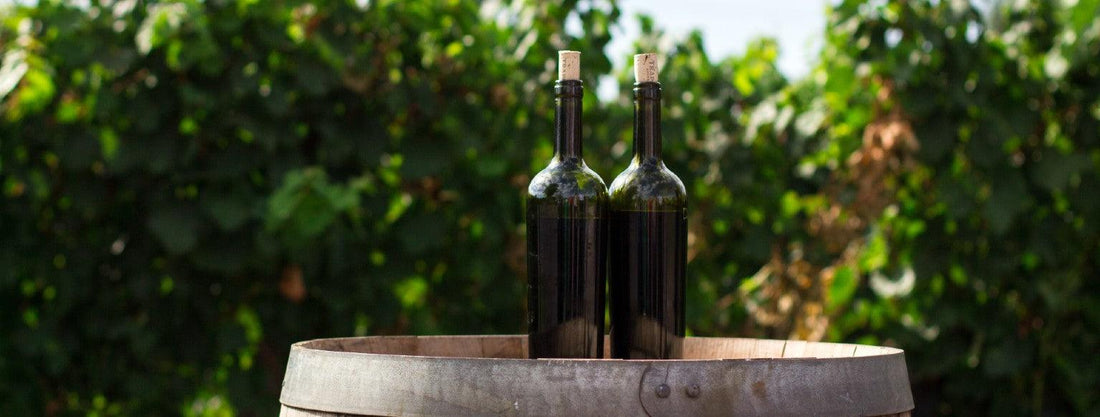Introduction: What is Wine and How is it Made?
Wine is typically an alcoholic beverage made from fermented grapes. It has a long history, with evidence of wine-making dating back to 6000 BC. The process of making wine involves harvesting grapes, crushing them, and then allowing the juice to ferment. During fermentation, yeast is added to convert sugars in the juice into alcohol. Different types of wine are created depending on the variety of grape used and how it is processed. The winemaking process has been refined over time and continues to evolve as new techniques are discovered.
The Origins of Wine-Making & Its Spread Across Different Cultures
Wine-making has been an integral part of human culture for thousands of years. The origins of wine-making can be traced back to the Neolithic period, with evidence suggesting that it was first produced in Georgia over 8,000 years ago. From there, the practice spread across different cultures and regions, evolving over time to become a beloved beverage enjoyed by many today.
The oldest vineyard in the world is located in Armenia and dates back to 4100 BC. Since then, wine production has evolved significantly over the centuries, with various techniques being developed and perfected by different cultures around the world. As a result, we now have access to a vast variety of wines from all over the globe.
The Impact of Climate & Soil on Different Styles of Wines
The terroir, or the combination of climate and soil, has a significant influence on the taste and quality of different styles of wines. Different regions produce different types of wines that can vary in taste depending on the specific conditions of the terroir. For example, certain regions are better suited for producing red wines while others are better suited for producing white wines. The soil composition also plays an important role in determining which grapes are more suitable to be grown in a particular region. By understanding how climate and soil affect different styles of wine, winemakers can create unique flavours that reflect their region’s terroir.
Modern Innovations in Wine Making That are Revolutionising the Industry
The wine industry has been revolutionised by the introduction of modern technology and advanced winemaking techniques. From using modern machinery to automate processes to employing data-driven insights to improve the quality of the product, wineries are now able to produce high-quality wines with greater efficiency than ever before.
Innovations such as smart fermentation tanks, robotic grape harvesters, and AI-powered analytics are making it easier for wineries to optimise their production process. These technologies allow them to monitor and adjust parameters such as temperature, pH levels, and sugar content in order to create the perfect wine.
By embracing these modern innovations in winemaking, the industry is not only able to produce higher quality wines but also reduce costs associated with manual labor and traditional methods of production. As a result, consumers can enjoy better tasting wines at a more affordable price.
Conclusion: A Glimpse into the Fascinating History of Win
Wine has been a part of human history for thousands of years. From its humble beginnings as a beverage enjoyed by ancient civilisations to its modern use as an accompaniment to meals, wine has been an integral part of many cultures around the world. No matter where you are or what type of wine you prefer, it is clear that wine will remain an important part of our lives for many years to come.



